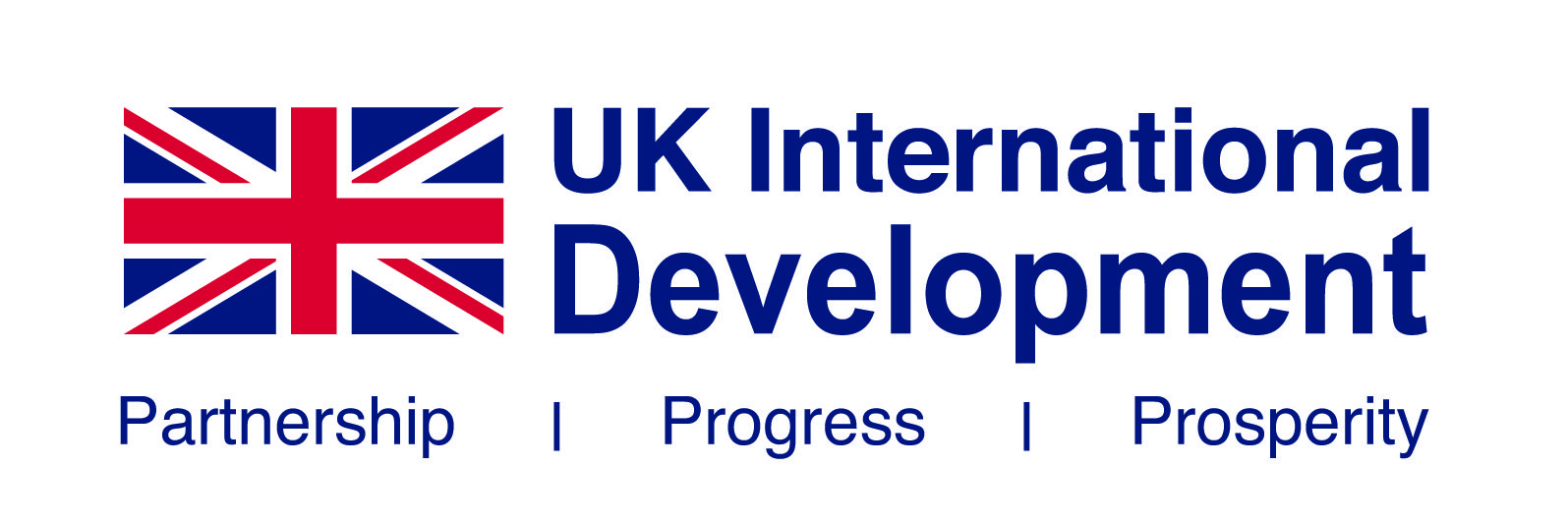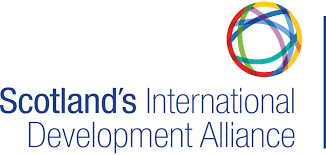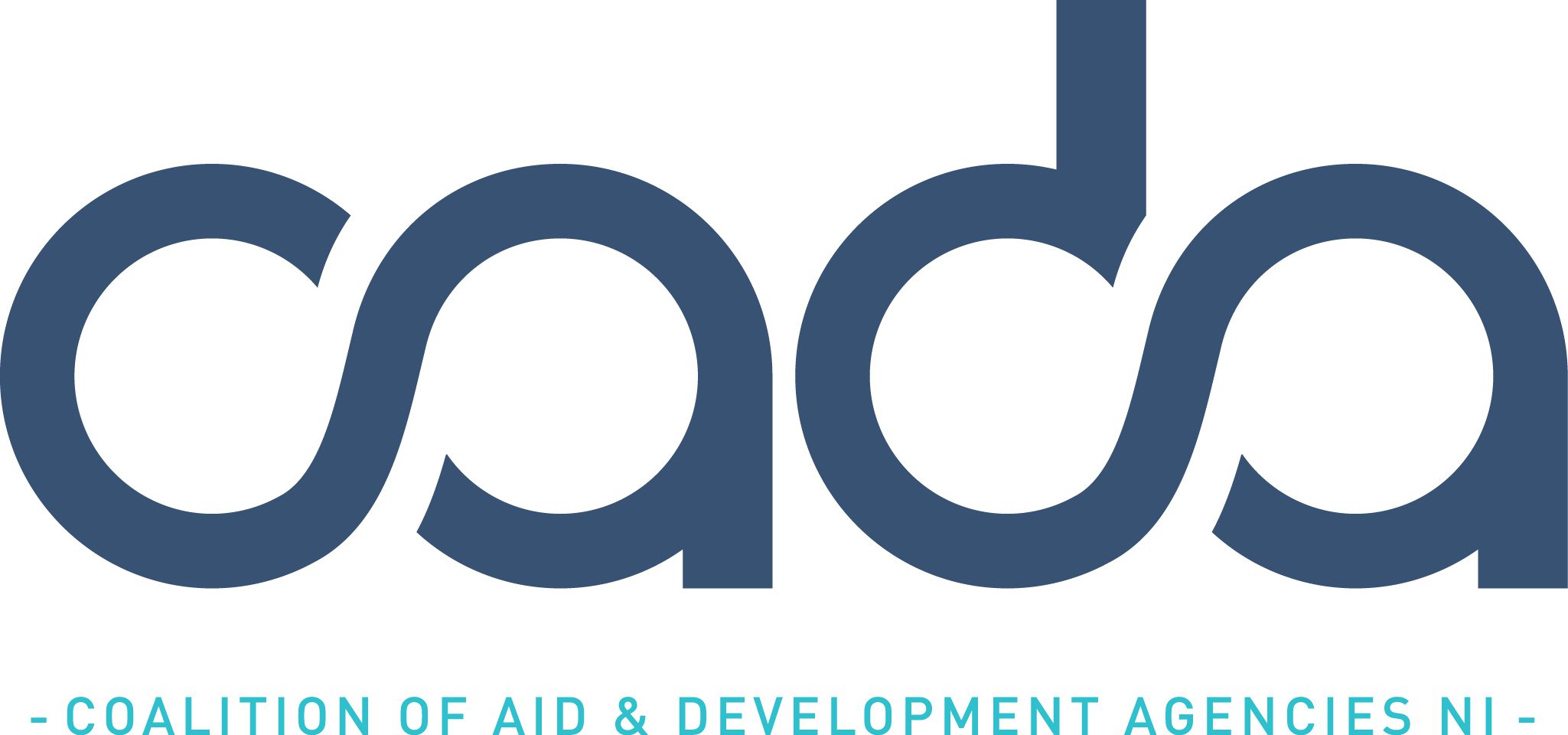25 September 2024
SWIDN’s Pilot Mentorship Scheme: Supporting International Development Professionals

Between January and June 2024, SWIDN embarked on an exciting journey with our Pilot Mentorship Scheme. Designed to foster collaboration, knowledge-sharing, and professional growth, this initiative paired 22 mentors with 22 mentees, creating a vibrant community of international development professionals eager to learn and grow together. With wonderful input from Shaenna Loughnane – CEO at Bridge2Aid, owner of Kuandaa Associates and experienced mentor herself- we were able to connect our members for this programme and support their mentoring journey.
Why run a Mentorship Scheme?
SWIDN has always been committed to supporting international development professionals. Recognising the need for a structured peer support system to help both emerging and established professionals navigate the complexities of the sector, the idea of a mentorship scheme was formed. This pilot phase was seen as an opportunity to gather insights, and refine the program before deciding whether to run it again next year.
The Matching Process
One of the most critical aspects of the scheme was the matching process. Taking a personalised approach; Mentors and mentee were matched based on their areas of expertise, interests, and career aspirations. This thoughtful matchmaking aimed to allow both parties to engage in meaningful conversations and collaborations, maximising the benefits of the mentorship relationship.
The 22 pairs consisted of individuals from diverse backgrounds, including environmental sustainability, gender equality, and global health. This diversity enriched the mentorship experience, allowing mentees to gain insights from mentors with varied perspectives and experiences.
A Six-Month Journey of Growth and Learning
The mentorship scheme was designed to be flexible yet structured. Over the course of the programme, mentors and mentees were encouraged to meet monthly where possible—whether in person, over the phone, or via video calls. SWIDN provided short training sessions and support via email to help pairs connect, set goals and address challenges that might arise during their interactions.
‘The sessions were open and honest and I felt able to share personal challenges that were also affecting my work which was very supportive.’ – Mentee Participant
For many mentees, the scheme offered an invaluable opportunity to gain practical advice, refine their career goals, and expand their professional networks. Many mentors expressed that they enjoyed connecting with their mentee partner and sharing their experiences, as well as helping shape the next generation of development professionals.
‘Thank you for setting this up. It has been very useful.’ – Mentor Participant
Success Stories and Impact
We held mid-way feedback sessions in March and final feedback sessions for both mentors and mentees in July. These insightful sessions, as well as surveys we sent around so those who could not attend the Zoom sessions could give their views, taught us a lot about what we can improve next time and we were also delighted at the positive comments. Mentees reported increased confidence in their abilities, greater clarity in their career paths, and a deeper understanding of the international development sector.
‘So great to have an experience ear outside of my organisation to validate some of my feelings in my role and support me to think through them.’ – Mentee participant
Mentors also expressed high levels of satisfaction, noting the mutual learning that occurred. Some mentors felt that the scheme helped them reflect on their own careers and leadership styles, while also staying connected to emerging trends and challenges in the field.
Looking Ahead: 2025 Mentorship Scheme
‘When I reflect on the journey over the last 6 months, I feel like I am in a completely different space in work and have really solidified my boundaries and expectations.’ – Mentee participant
Given the success of the pilot, SWIDN is now planning to run a second Mentorship Scheme from January to June 2025, with a focus on incorporating feedback from participants. Some proposed enhancements include more structured training for mentors with a focus on goal setting, more support and training on how pairs can navigate their busy schedules to find time to meet and reiterating the 6 month commitment required to participate in the scheme so no one is left without a mentor/mentee.
SWIDN envisions the scheme becoming a cornerstone of its support services, adapting to meet the needs of its members. By fostering a culture of mentorship within the international development community, SWIDN hopes to contribute to a more resilient, knowledgeable, and interconnected network of professionals who are better equipped to tackle the world’s most pressing challenges.
More details on how to apply to be part of the SWIDN mentorship programme next year will be emailed to SWIDN members by mid-November.For any questions on next years mentorship scheme or to register your interest- email Emma at info@swidn.org.uk. Please note this is an opportunity for SWIDN members only, you can find out more about SWIDN membership here.










